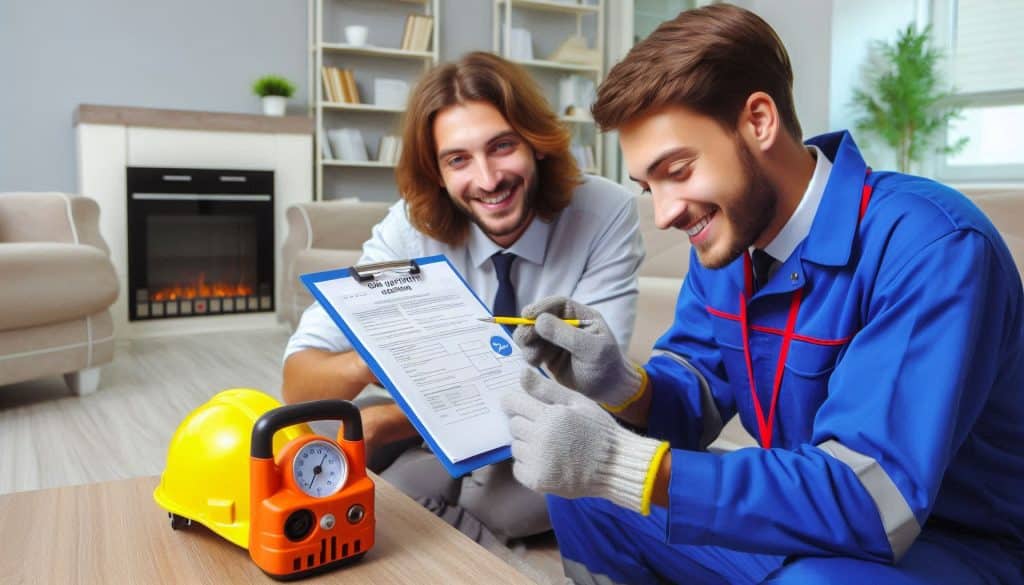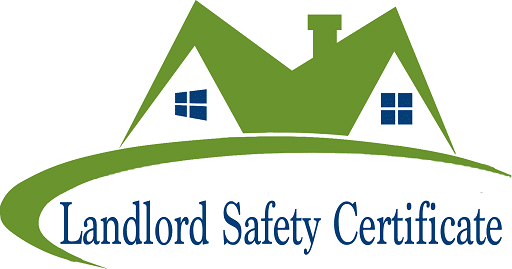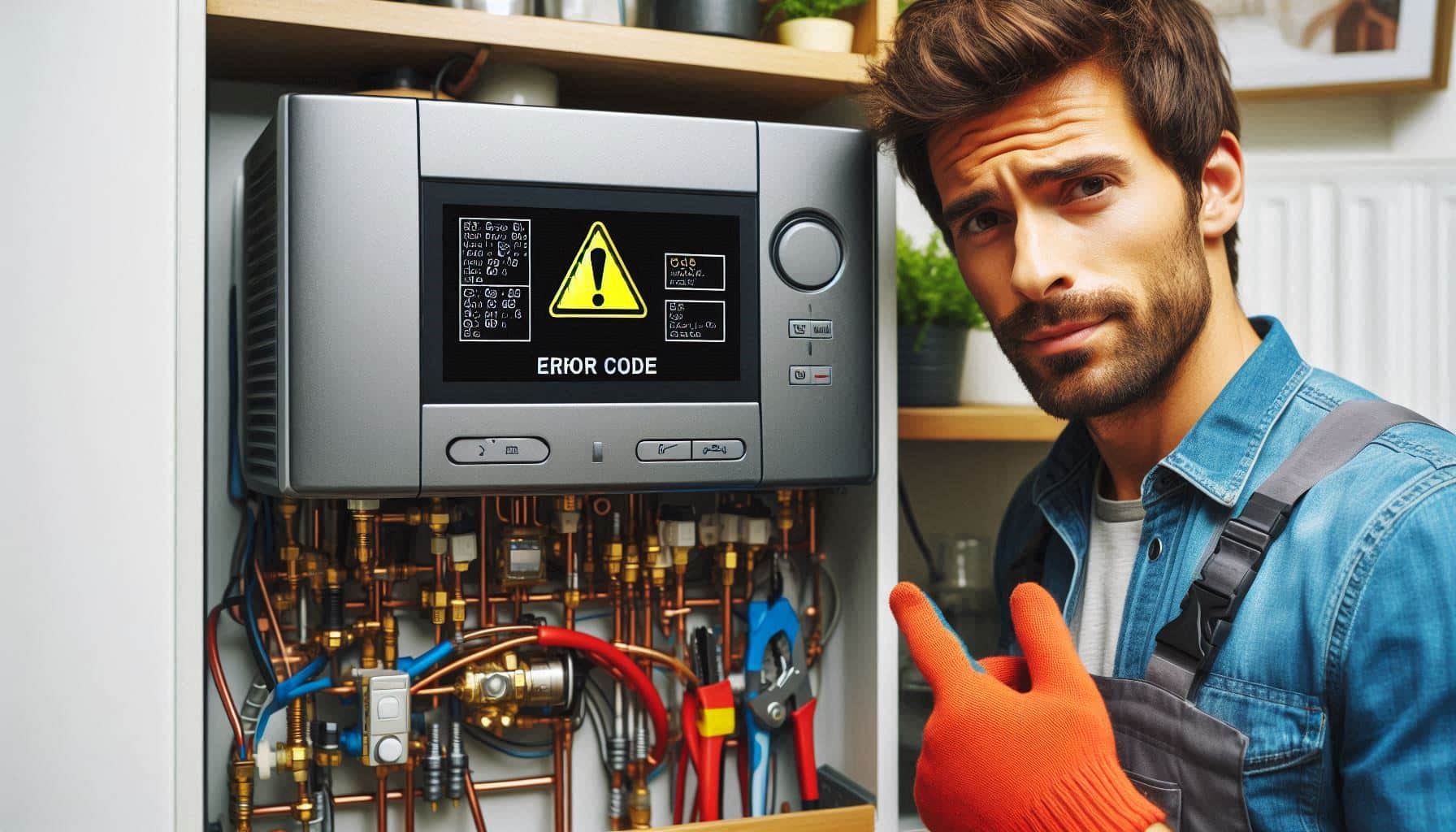
As a landlord in London, ensuring tenant safety and legal compliance begins with proper gas safety management. The landlord gas safety guide isn’t just about ticking boxes—it’s about protecting lives, preventing fines, and maintaining your property’s reputation. A complete gas safety checklist helps landlords meet legal requirements and confidently pass annual gas inspections. In this guide, we’ll break down everything you need to know to stay compliant, avoid penalties, and provide a safe home for your tenants.
Also known as a CP12, the landlord gas safety certificate is an official document issued after a Gas Safe registered engineer inspects all gas appliances in a rental property. The inspection ensures appliances are working safely and efficiently and are not a threat to tenant health.
Under UK law, landlords are legally required to:
• Carry out gas safety checks annually
• Provide tenants with a copy of the certificate within 28 days of inspection
• Keep records of past certificates for at least two years
Here is your detailed gas safety checklist to prepare for your next inspection:
Only engineers listed on the Gas Safe Register are qualified to issue a CP12. You can verify their credentials at gassaferegister.co.uk.
Ensure the engineer checks:
• Gas cookers and hobs
• Gas fires
• Boilers
• Gas water heaters
Each appliance must be tested for leaks, pressure issues, and proper combustion.
Adequate ventilation is essential for gas appliances to function safely. Blocked vents or poorly placed furniture can lead to dangerous fume build-up, including carbon monoxide.
Install and test carbon monoxide detectors in all rooms containing gas appliances. This is not just a safety tip—it’s a legal requirement.
Blocked flues can trap harmful gases inside. Make sure chimneys and flue pipes are clean and properly connected.
Once all appliances are checked and approved, your engineer will provide a Gas Safety Certificate. Store a digital and printed version.
Gas safety checks must be done every 12 months, even if the property is vacant. It’s a good practice to schedule checks a few weeks before expiry to allow time for repairs if needed.
Even experienced landlords can make mistakes when it comes to gas safety. Being aware of these common issues can help you stay ahead of inspections and maintain legal compliance:
Some landlords assume gas safety checks are only necessary when tenants move in or out. In reality, they must be done every 12 months, regardless of tenancy changes.
Carbon monoxide alarms don’t last forever. Regularly check expiration dates and battery levels to ensure they’re in working order.
Losing or forgetting to renew your CP12 certificate is a major red flag. Use cloud storage, landlord software, or set calendar alerts to stay organised.
If an engineer identifies issues, address them immediately. Failing to act could make the property unfit for occupancy.
If any appliance fails, the engineer will mark it as Immediately Dangerous (ID) or At Risk (AR). You must:
• Stop using the appliance
• Arrange repairs immediately
• Repeat the safety inspection
Failing to act could result in tenant injury and legal prosecution.
According to the landlord gas safety guide, you must provide a copy of the CP12 before new tenants move in. For existing tenants, it must be given within 28 days of the inspection.

In today’s rental market, tenants are more aware of their rights. A landlord who follows a gas safety checklist and openly communicates about safety inspections builds tenant trust and long-term relationships. Here’s what tenants expect:
• Transparency about gas safety checks
• Access to current CP12 certificates
• Working CO detectors in the home
• Prompt response to gas-related maintenance requests
• Willingness to explain what gas appliances have been inspected
Following the landlord gas safety guide not only ensures legal compliance, but also enhances your reputation and reduces tenant turnover.
If your property is a House in Multiple Occupation (HMO), the gas safety rules become stricter. In addition to the standard gas safety checklist, landlords must:
• Perform risk assessments for fire and gas safety
• Ensure that all communal kitchens have functioning gas appliances and ventilation
• Provide certificates to all tenants upon request
• Conduct regular inspections of shared areas
Failure to meet these standards in an HMO could result in substantial penalties or the loss of your HMO license.
Here are essential tips to stay compliant and maintain safety:
• Set reminders for annual inspections
• Service gas appliances regularly (not just inspect)
• Work only with Gas Safe engineers
• Maintain records of previous CP12s
• Don’t delay repairs flagged during the inspection
London properties often have older gas systems or are part of HMOs (House in Multiple Occupation), which require additional fire and gas safety compliance. For HMOs:
• CP12 must cover communal areas
• Fire risk assessments are also needed
• You may face spot inspections from the local council
Tenants must know how to respond in case of a suspected gas leak:
• Turn off the gas at the mains
• Open windows and doors
• Avoid using electrical switches
• Call Us for your Gas Emergency Service
Include this information in your welcome pack to tenants.
Before your next inspection:
✅ Book a Gas Safe engineer
✅ Inspect all gas appliances
✅ Test CO detectors
✅ Clean chimneys and flues
✅ Issue and store CP12 certificate
✅ Educate your tenants
Gas safety isn’t optional—it’s the backbone of being a responsible and lawful landlord. Following this gas safety checklist ensures you meet your obligations, avoid fines, and—most importantly—keep your tenants safe. By applying the advice in this landlord gas safety guide, you build trust, comply with regulations, and protect your investment.

